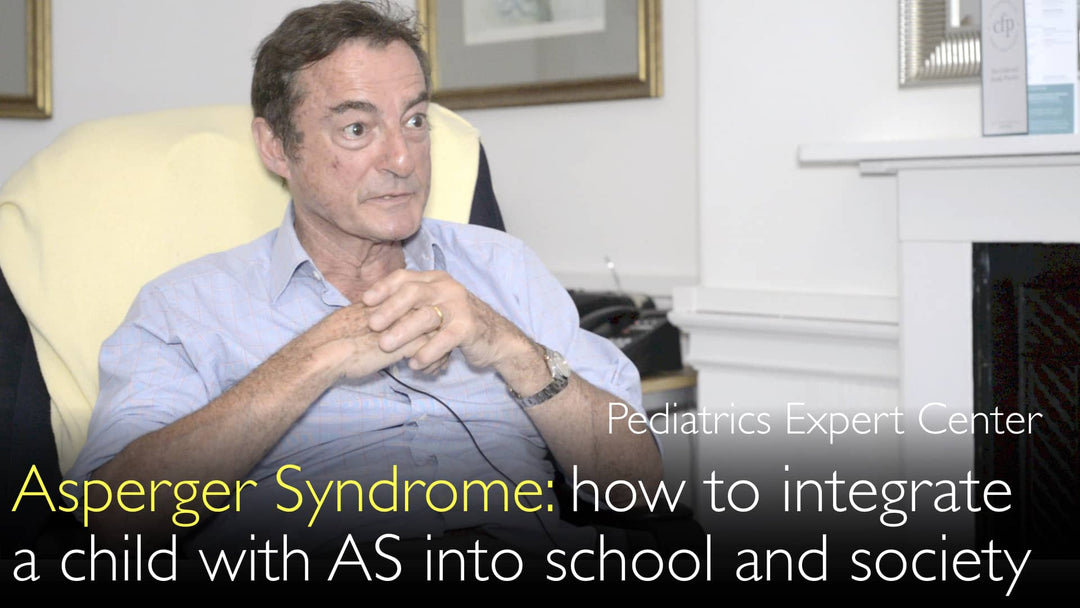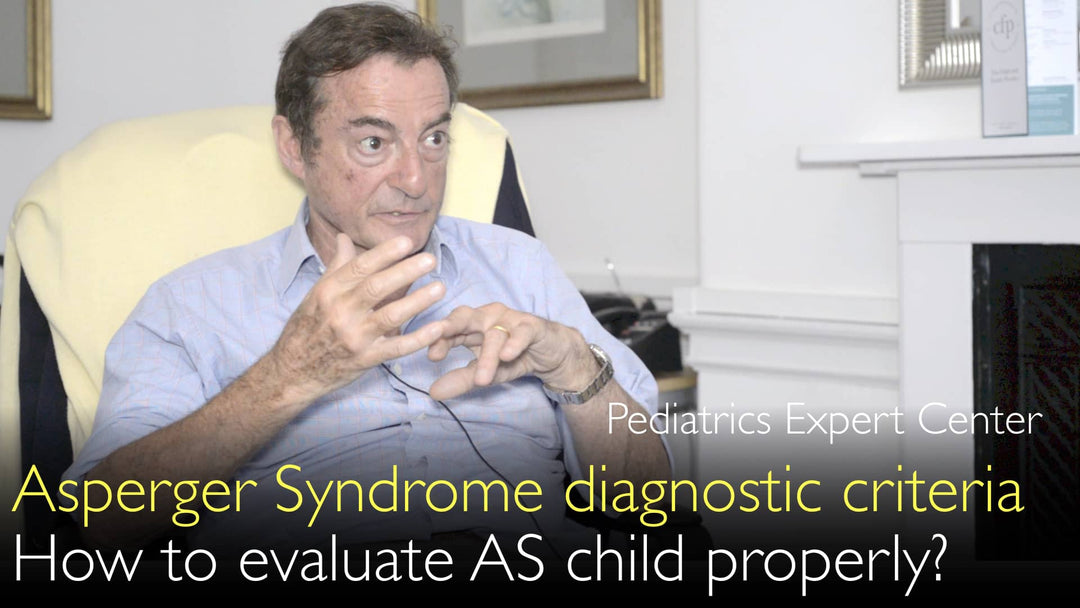Leading expert in pediatric neurodevelopmental disorders, Dr. Ricky Richardson, MD, explains the critical role of a multidisciplinary team in child behavioral assessment. He details how overlapping conditions like ADHD and autism require a comprehensive evaluation. This approach identifies subtle vulnerabilities and leads to targeted, evidence-based therapy recommendations for the best outcomes.
Multidisciplinary Team Assessment for Childhood Behavioral and Learning Disorders
Jump To Section
- Importance of Multidisciplinary Assessment
- Overlap in Neurodevelopmental Conditions
- Identifying Subtle Vulnerabilities
- Recommending Evidence-Based Therapy
- Essential Team Composition
- Full Transcript
Importance of Multidisciplinary Assessment
Dr. Ricky Richardson, MD, emphasizes that a multidisciplinary team assessment is crucial for children with behavioral problems. This approach has been developed and refined over two decades of clinical practice. Dr. Ricky Richardson, MD, states that this method is essential to capture the complete profile of a child's challenges.
It moves beyond a single diagnosis to understand the whole child. This comprehensive evaluation is the foundation for achieving the best possible diagnostic and treatment results.
Overlap in Neurodevelopmental Conditions
A core reason for a multidisciplinary approach is the enormous overlap between neuro-developmental conditions. Dr. Ricky Richardson, MD, explains that a child rarely presents with just one diagnosis. A child with autism spectrum disorder may also have co-occurring attention deficit hyperactivity disorder (ADHD).
Other common overlapping conditions include dyspraxia and expressive language impairments. This complexity makes a single-specialty evaluation insufficient for a complete understanding of the child's needs.
Identifying Subtle Vulnerabilities
The multidisciplinary team assessment is designed to identify even the most subtle areas of vulnerability in a child. Dr. Ricky Richardson, MD, highlights that these nuanced challenges might be missed in a standard evaluation. Capturing these details is a primary goal of the team-based process.
Once identified, these vulnerabilities become targets for intervention. This makes them amenable to specific and effective treatment strategies that can significantly improve a child's daily functioning.
Recommending Evidence-Based Therapy
The evidence gathered through a multidisciplinary assessment directly informs therapy recommendations. Dr. Ricky Richardson, MD, states that the team's work allows for highly tailored intervention plans. These recommendations are based on a solid foundation of collaborative findings.
This evidence-based approach ensures that therapy addresses the child's unique combination of strengths and weaknesses. It is the key to translating a complex diagnosis into a practical and effective treatment pathway.
Essential Team Composition
Dr. Richardson is clear that a competent, multidisciplinary team is non-negotiable for a proper assessment. He specifies that the team should include pediatricians, neurologists, and ADHD experts. Each professional brings a distinct and vital perspective to the evaluation process.
This collaborative effort between specialists is what defines a true multidisciplinary assessment. It is the standard of care for any child presenting with behavioral problems or learning disabilities.
Full Transcript
Dr. Anton Titov, MD: Professor Richardson, you see children from around the world with various physical and mental health problems. How could you highlight the importance of multidisciplinary team assessment of children with behavioral problems?
Dr. Anton Titov, MD: How to achieve the best diagnostic and treatment results in children with ADD and Asperger's syndrome?
Dr. Ricky Richardson, MD: We have developed a multidisciplinary approach over the last 20 years or so. We recognized that there is enormous overlap between the neuro-developmental conditions of childhood.
You may have a child with not just one diagnosis like autism spectrum disorder. But this child may also have attention deficit hyperactivity disorder. They might be dyspraxic. A child might have an expressive language impairment.
A physician must capture the subtle vulnerable areas of a child who is being investigated. Doing a multidisciplinary assessment allows even subtle areas of vulnerability to be identified. This would then be amenable to treatment.
We feel very strongly that a multidisciplinary approach is essential in order to capture the whole profile of the child.
Dr. Anton Titov, MD: Multidisciplinary team assessment is crucial.
Dr. Ricky Richardson, MD: We are able to recommend therapy based on the evidence that we achieve through the multidisciplinary assessment. Behavioral problems or learning disabilities in any child require a full multidisciplinary assessment by a competent team of pediatricians, neurologists, and ADHD experts.







